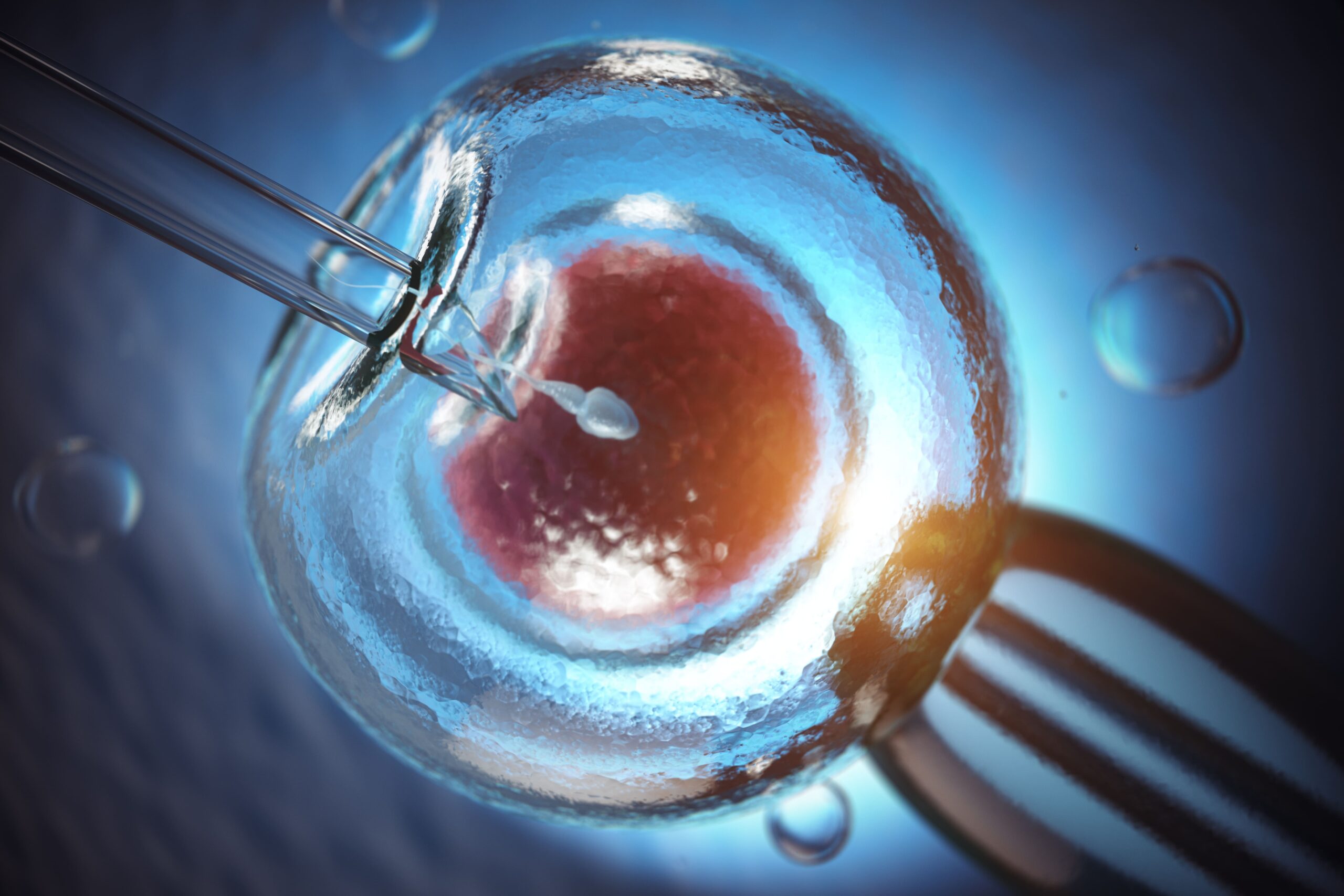The embryo transfer is a critical stage in the IVF process, where a fertilized embryo is placed into the uterus. While it may seem simple, there are several factors that can influence the success of this step. Here’s how to increase your chances of a successful embryo transfer.
Step 1: Prepare Your Uterine Lining
A thick and healthy uterine lining is crucial for successful implantation. Your doctor will monitor the thickness of your lining using ultrasounds. If needed, they may prescribe medications like estrogen or other supplements to help thicken your lining and create an optimal environment for the embryo.
Step 2: Follow Your Medication Protocol Strictly
Once your doctor provides a medication protocol, it’s vital to follow it exactly as prescribed. Medications such as progesterone play a crucial role in preparing the uterus for implantation and maintaining early pregnancy.
Step 3: Practice Stress Management
Stress can impact fertility, so it’s important to keep your stress levels low during the IVF process. Consider relaxation techniques such as meditation, yoga, or simply engaging in activities that bring you joy to stay calm and focused.
Step 4: Maintain a Healthy Lifestyle
Eating a balanced diet rich in antioxidants, vitamins, and minerals supports overall reproductive health. Avoid alcohol, smoking, and excessive caffeine, as these can negatively affect fertility and embryo implantation.
Step 5: Rest After the Transfer
While it’s tempting to go back to your normal routine immediately, it’s best to take it easy for a day or two after your embryo transfer. Light activity is fine, but avoid intense physical exertion that could increase your stress levels.

